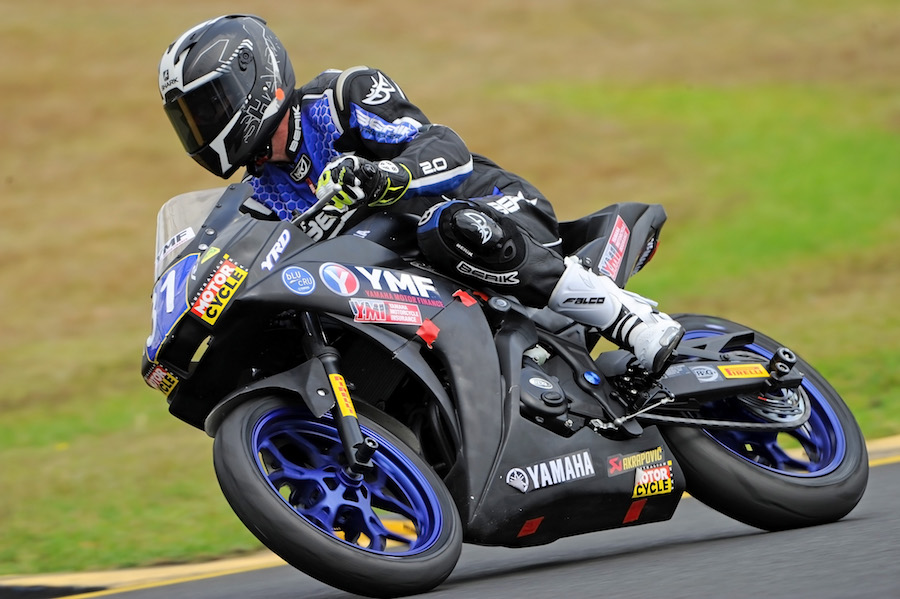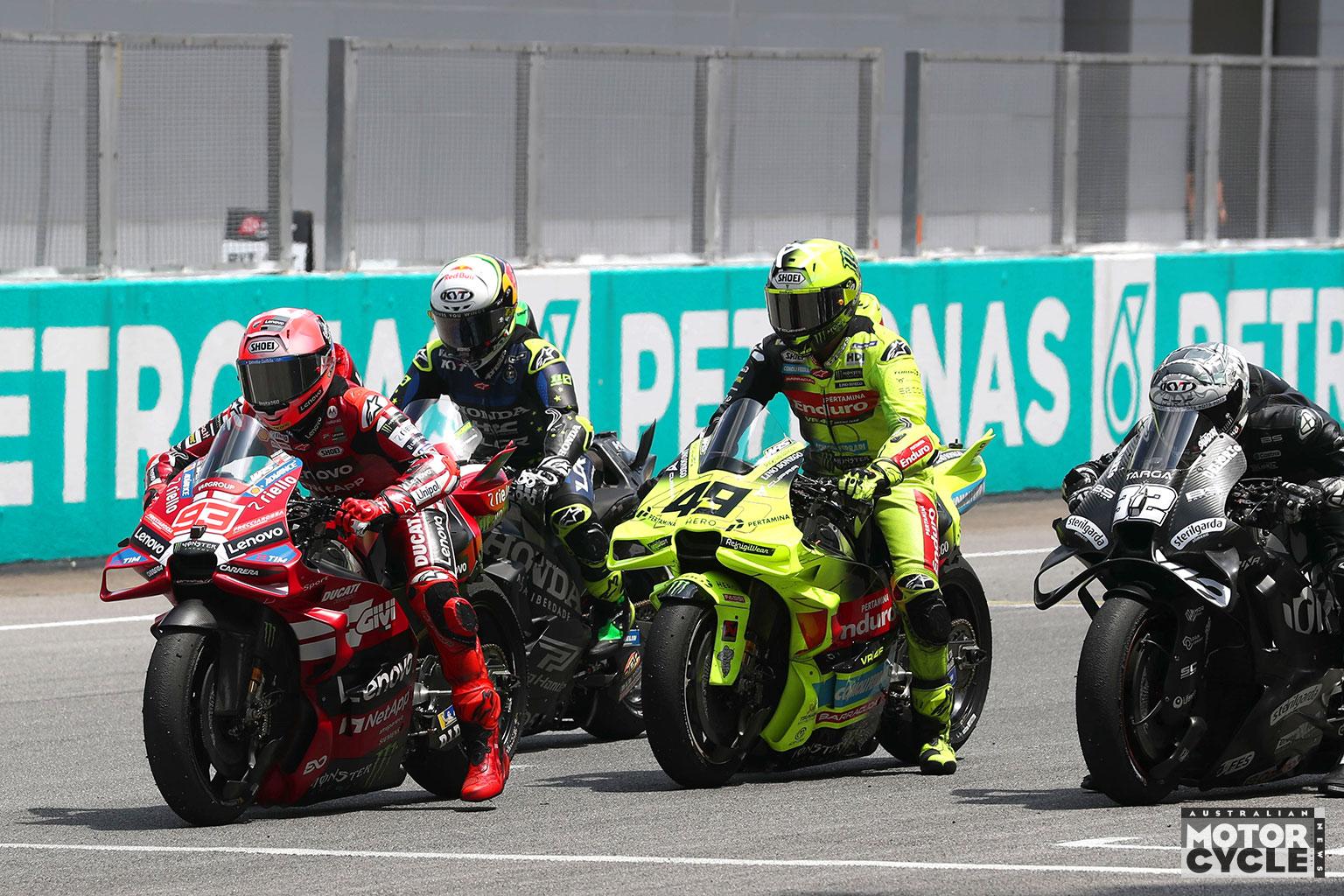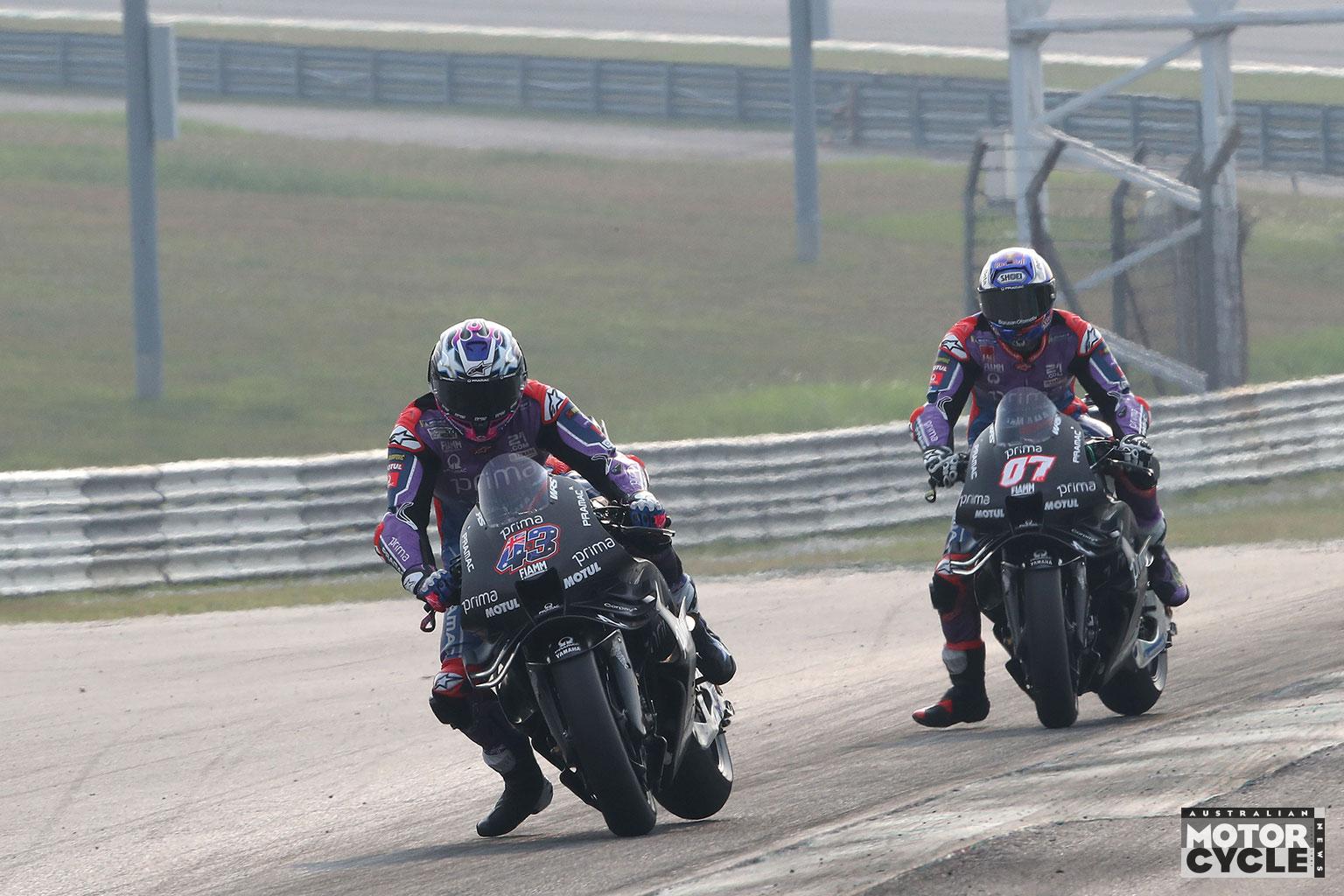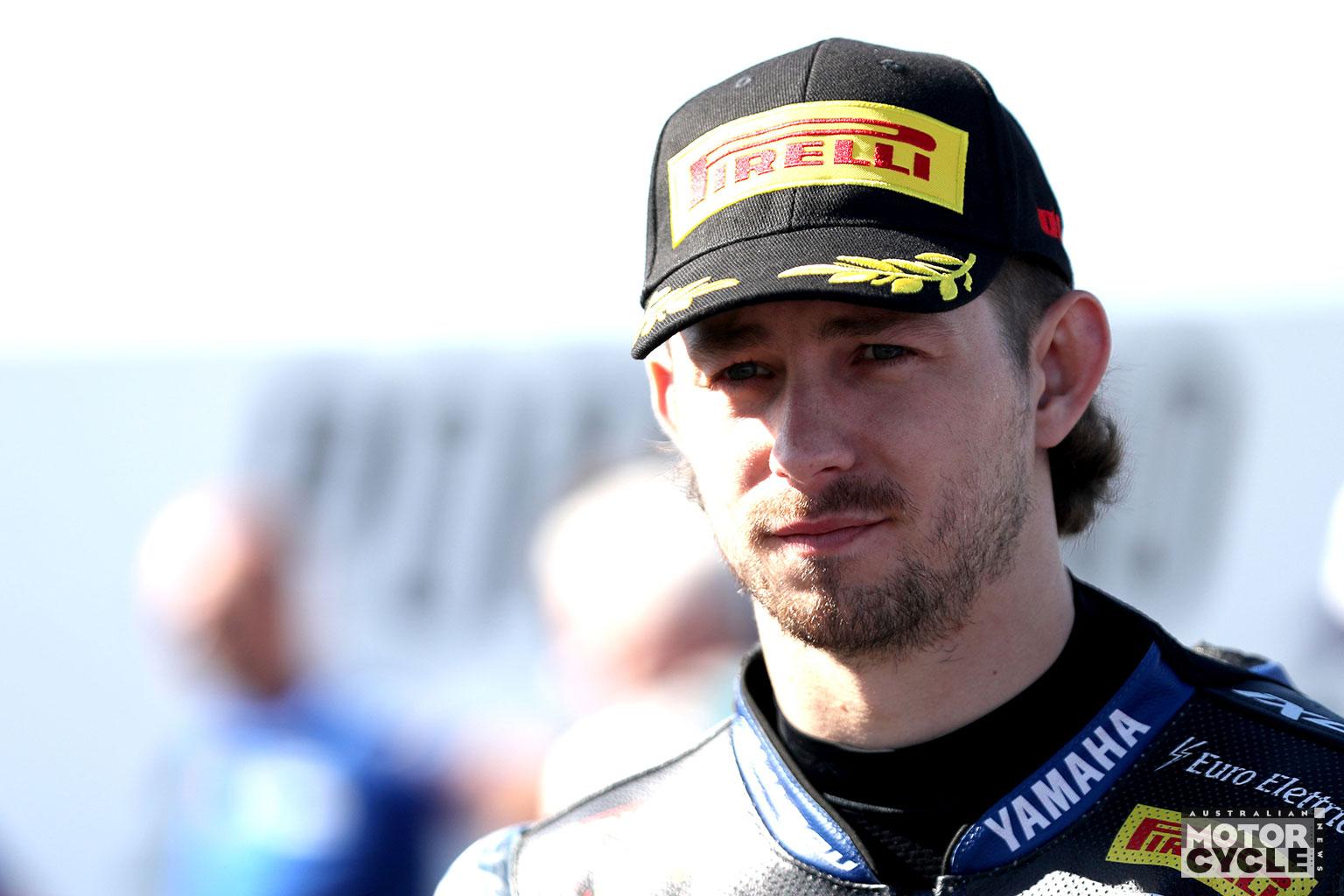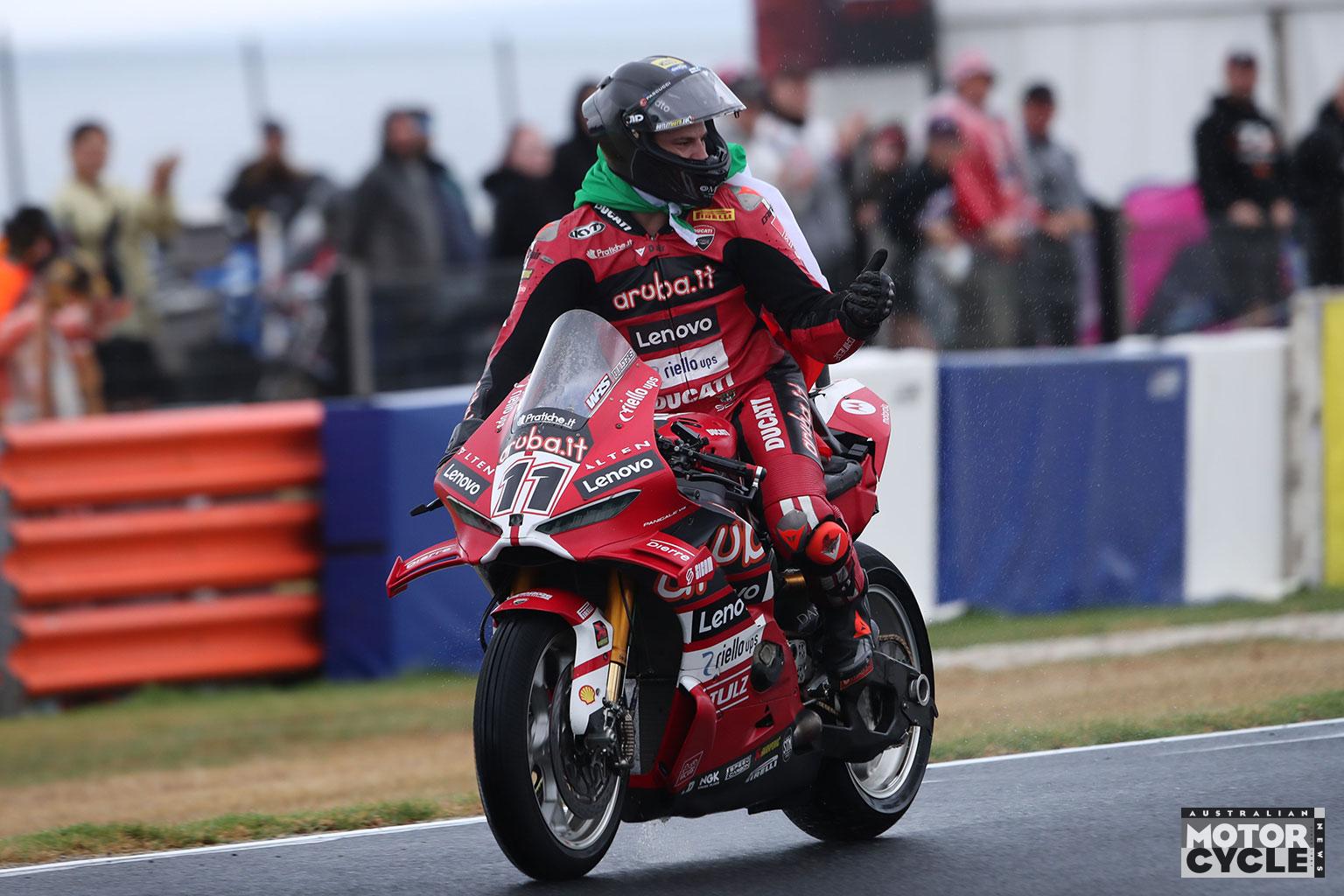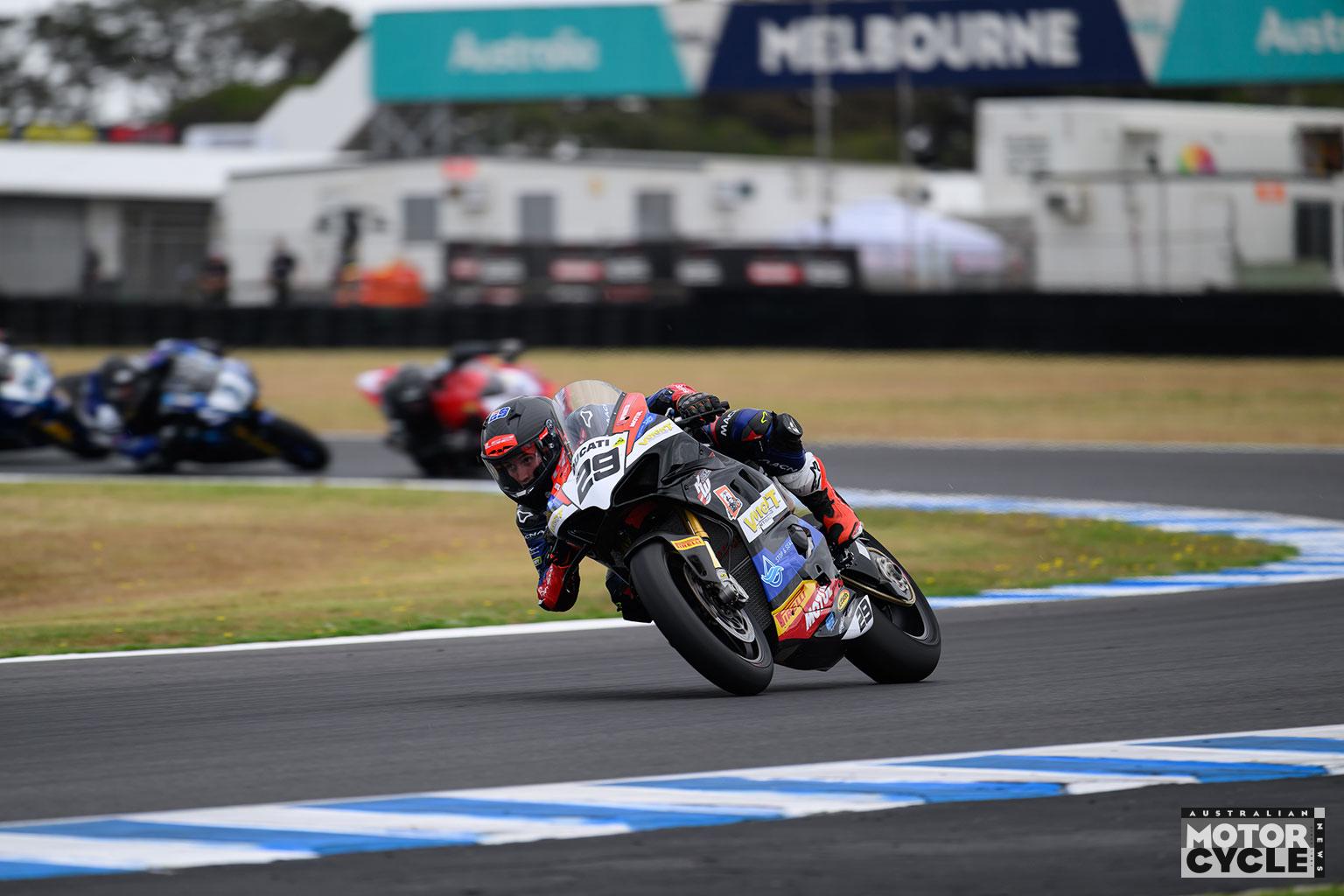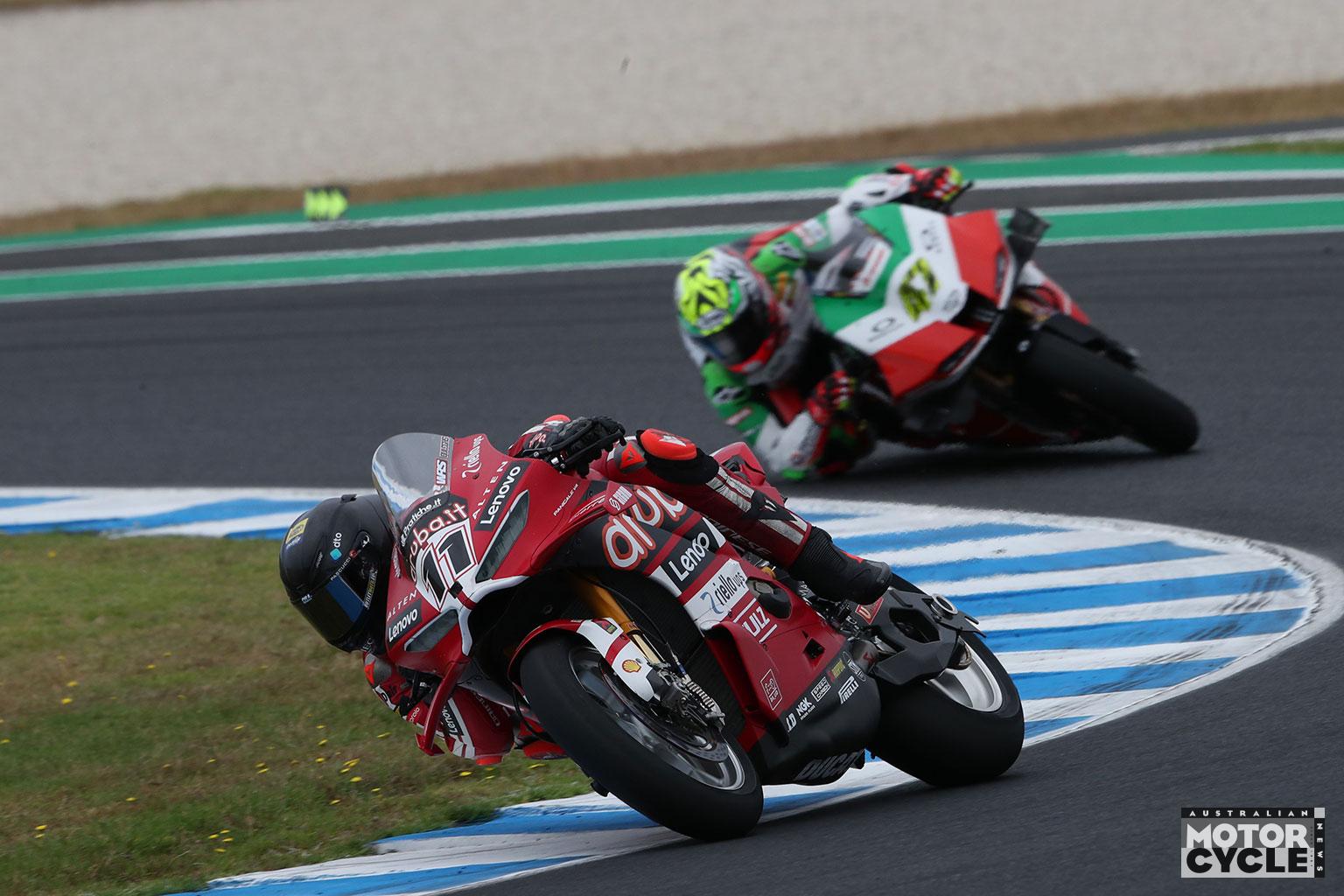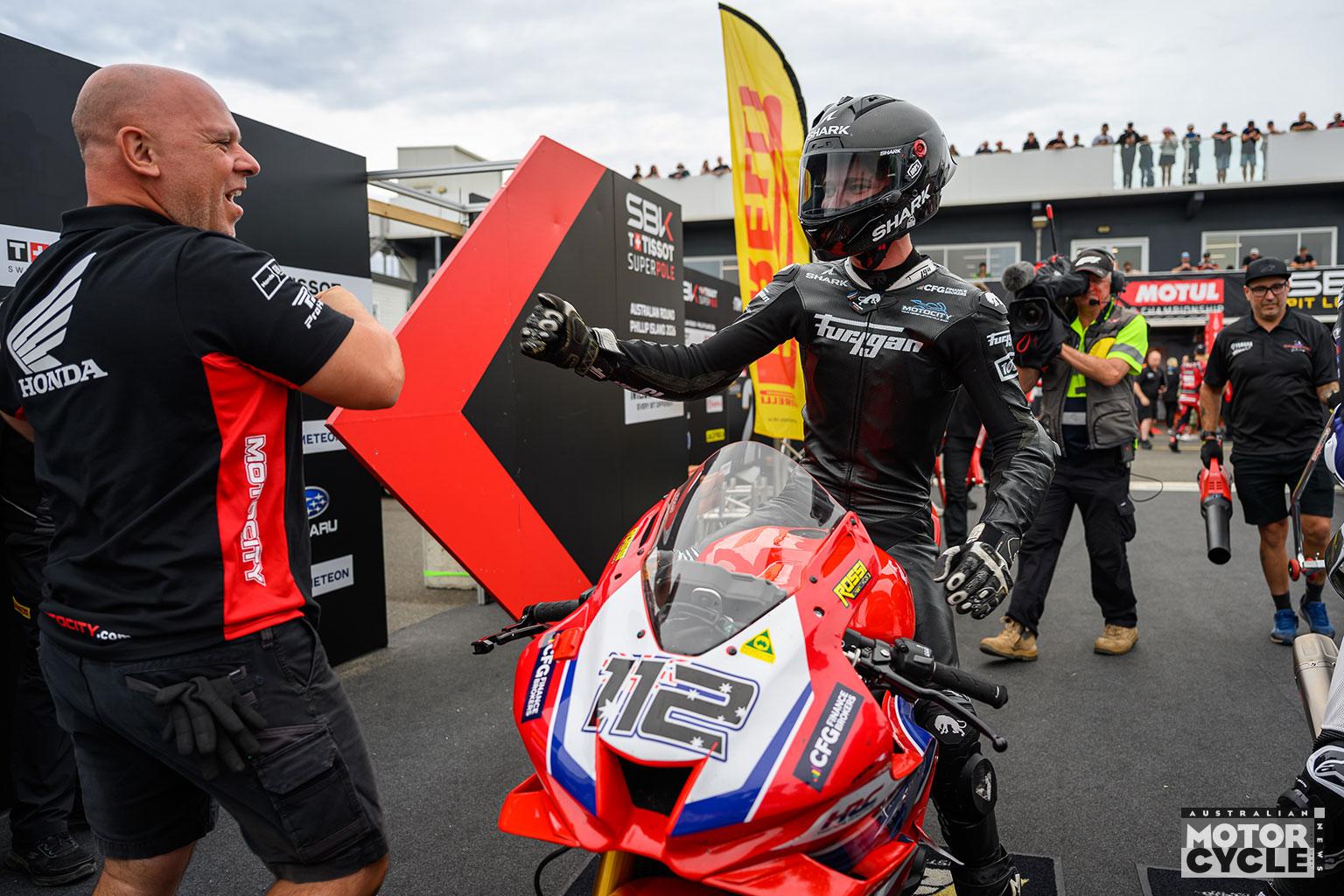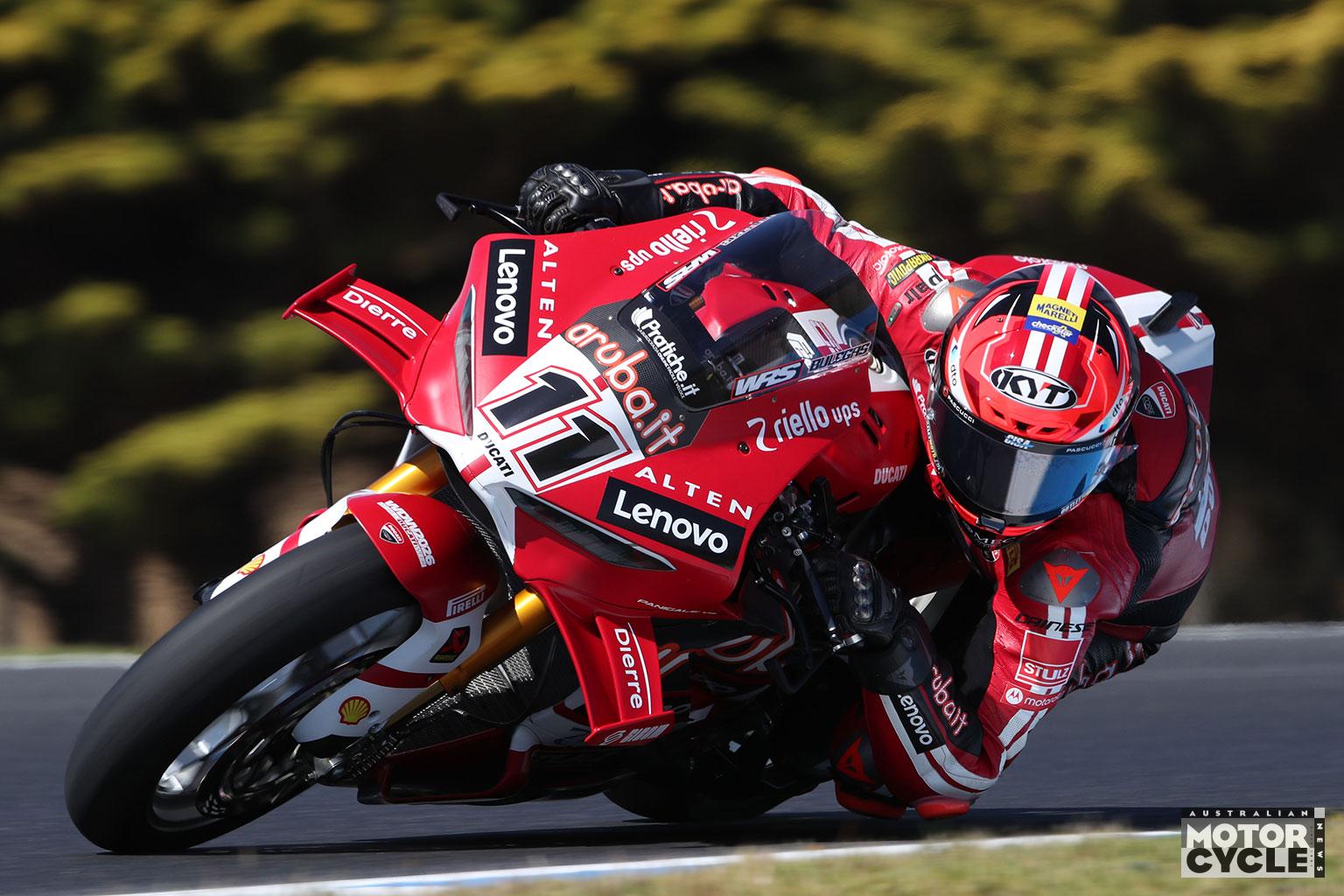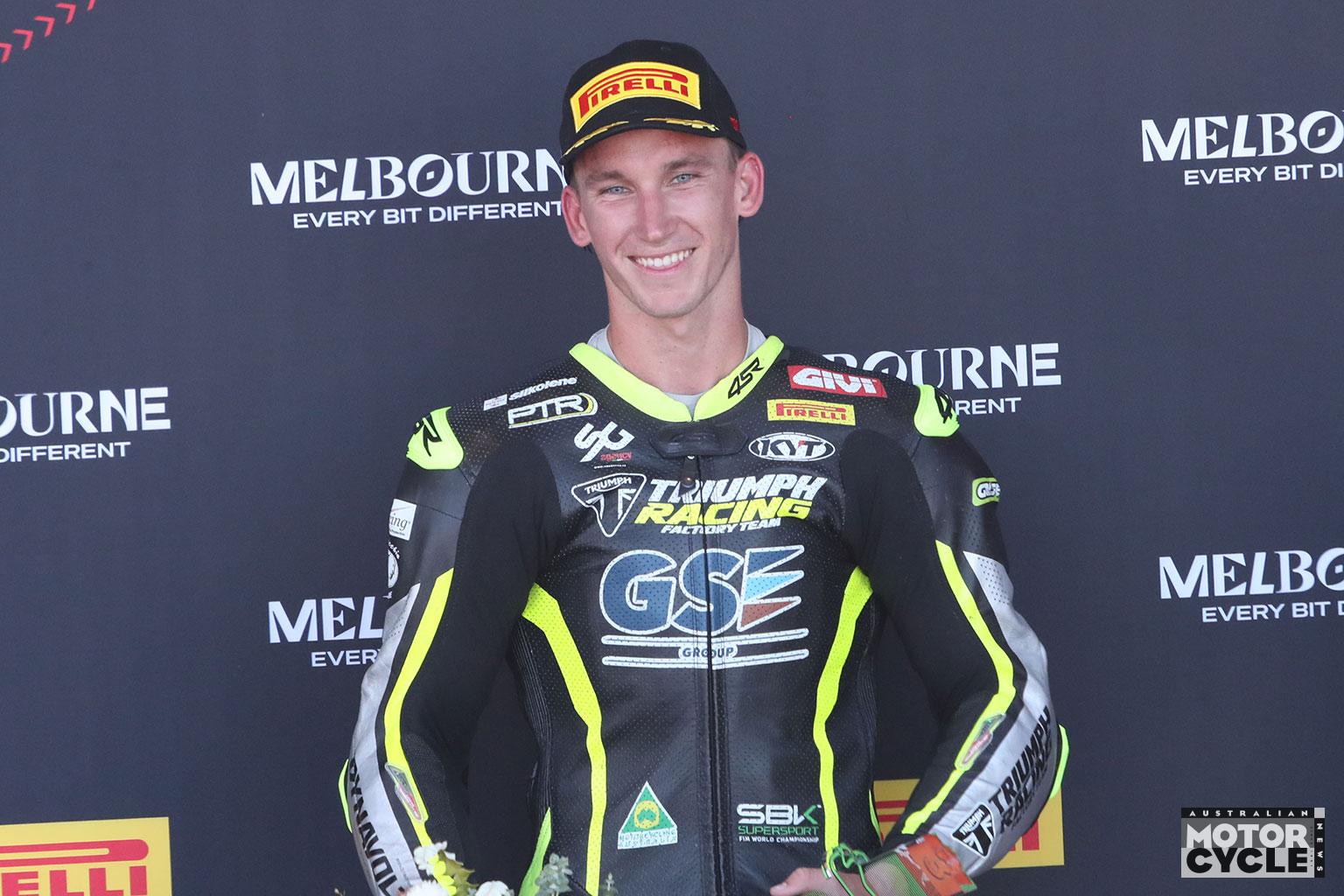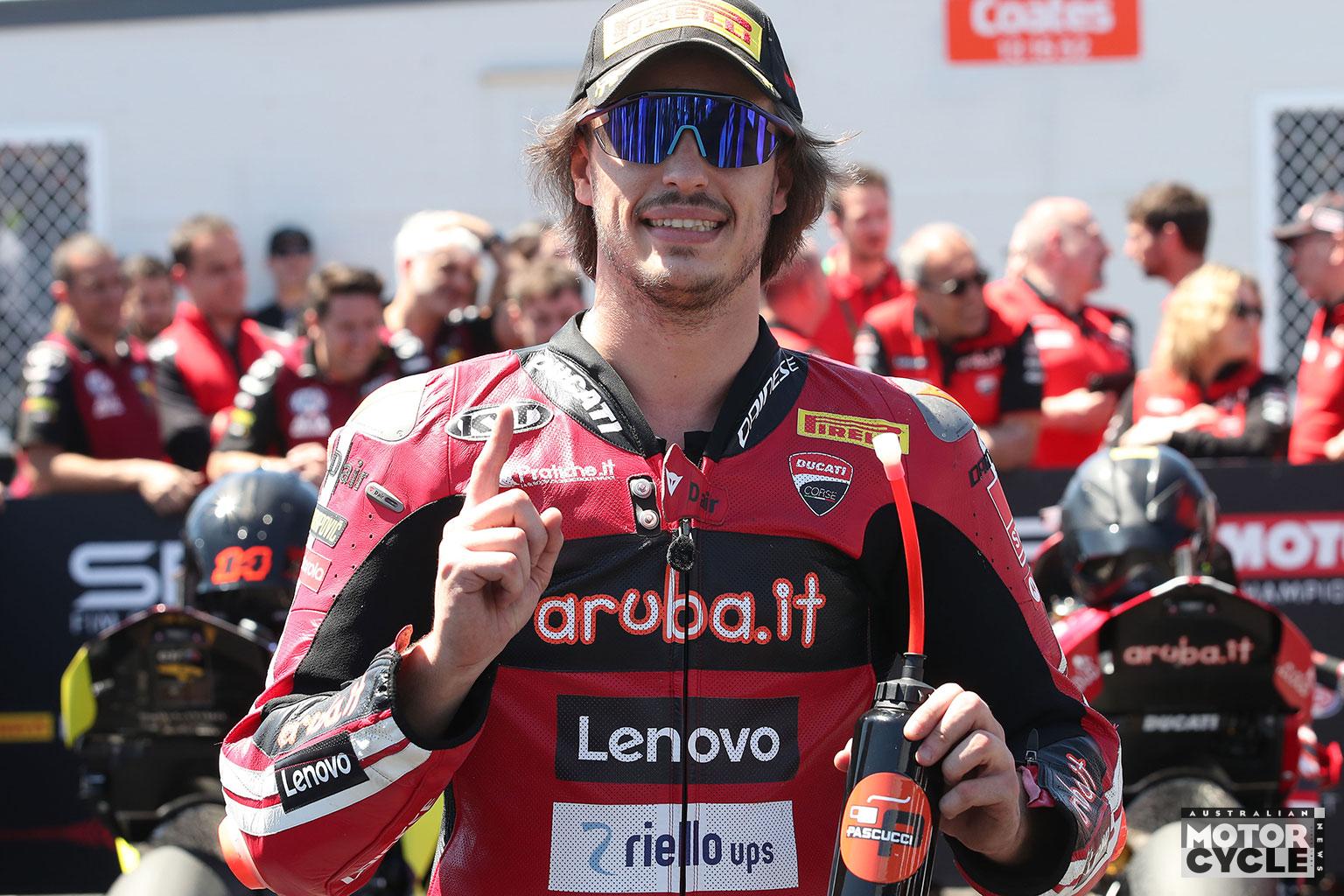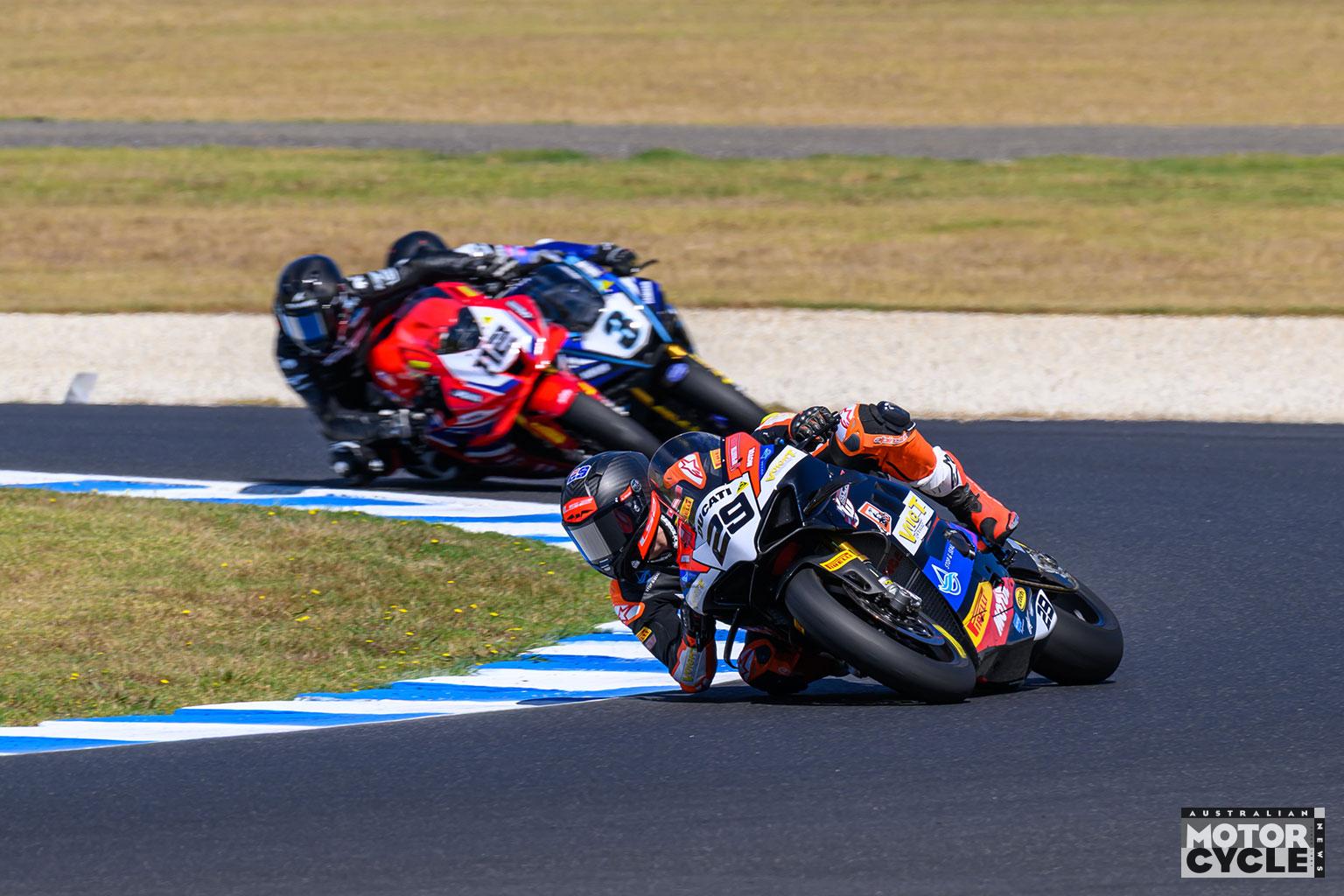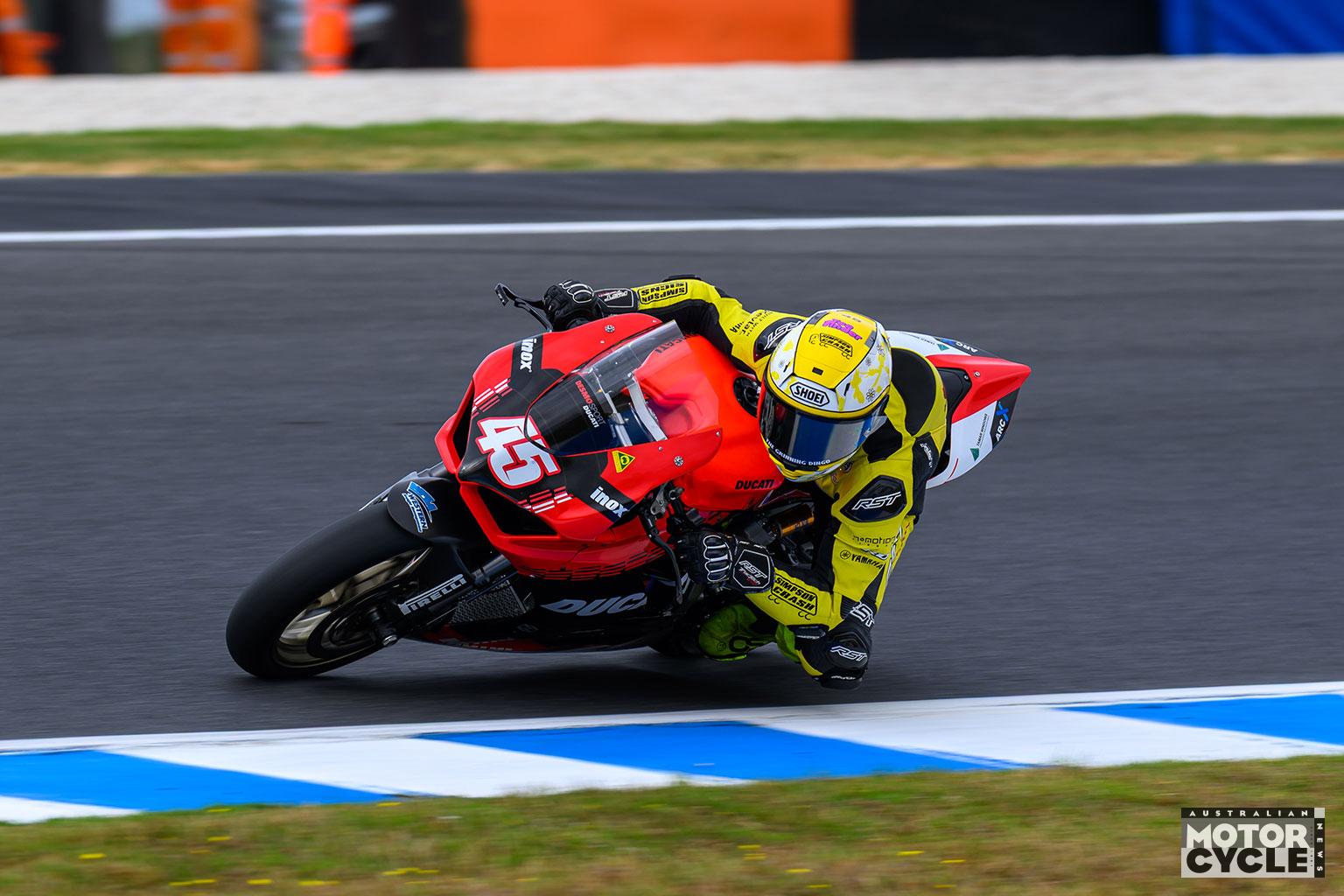It may still be early days for my foray into the world of racing, but that’s not to say I’ve not already learned a great deal, and how to become a better rider is just part of it.
It goes without saying that to be a racer you need to be able to ride a motorcycle quickly. How quickly you can persuade your chosen pile of nuts, bolts, pistons and tyres to go around a racing circuit will quickly determine whether you will be a contender or an also-ran. My age and late start to the sport means I will forever be an also-ran, but I still want to improve and catch the person in front of me.
Over the past year I’ve also come to the realisation that speed is only part of the equation, and while it’s an important part, you can’t rely on that alone. Preparation, organisation, a willingness to learn and fitness are all key elements – speed without one or all of these may work in the short term, but will eventually lead to failure.
Clichés exist because there’s usually a grain of truth in them, and ‘races are won as much in the workshop as on the racetrack’ is one of my favourites. I’m lucky enough to have received assistance from Race Center in Melbourne, where Darren Sciberras, Jed Metcher and their team run a great operation. As well as being the YZF-R3 Cup support crew at each round of the ASBK series, they also run a race preparation service and develop suspension for racebikes. Having them on board means my preparation element is looked after. When I arrive at the circuit, I can rest assured my bike is as good as it can be from the first practice session.
I admit that organisation is something I fail at. I’m yet to turn up to a race meeting without my boots, helmet or gloves, but everything else from tyre warmers to drinks have been left sitting on the kitchen bench at home. Must try harder.
Willingness to learn comes into play once you are fine-tuning yourself and the bike for qualifying and the race. If someone with much more experience is prepared to share their knowledge, I’m all ears. The infamous Darren Sciberras whiteboard is where I most like to hang out when it’s on offer, but I’m also lucky enough to have people such as Ken Watson, Steve Martin and Paul Young encouraging me to do better. On race weekends my mechanics Phil McCourt and Jed Metcher not only decode my feedback on the bike, they also pass on tips to keep me moving forward.
The final element is fitness, and this is something to which only one person holds the key – me.
I received the shock of my life when I competed at my first race meeting. Not because I was slow but because I was knackered after just four laps of racing, and spent the next four barely able to hang onto the bike. Some time over the previous five years I had turned into an unhealthy and unfit slob, unable to run out of sight on a dark night.
By the end of the 2016 series I was just fit enough to have a crack at racing in two categories at the one meeting, R3 Cup and Production (now Supersport 300). I made it, but only just, and paid for it over the next week.
I had been making tentative attempts to improve my fitness but lacked motivation. That was until I crashed my P6 250 bike at a recent PCRA round and was forced to push it back to the pits in high-30s heat. I was uninjured in the crash, but required a little medical treatment for heat exhaustion. I never want to have that feeling again, and now use it as my motivation when I think about skipping a gym session.
At the recent Wakefield ASBK round I managed eight practice and warm-up sessions, four qualifying sessions and six races with only a little stiffness after a good night’s sleep – but most importantly I was able to ride as hard as I could from lights out to chequered flag.
I’ve promised the Race Center boys I’ll shed another 4-5kg before the next round at Winton Raceway. This means I’m going to need to give up the snakes and honey soy chicken chips. Yep, that’s how serious I’m getting about my racing.
If you’re heading to the next ASBK round, make sure you drop by the Race Center pit garage and say g’day to the skinny tall bloke.
